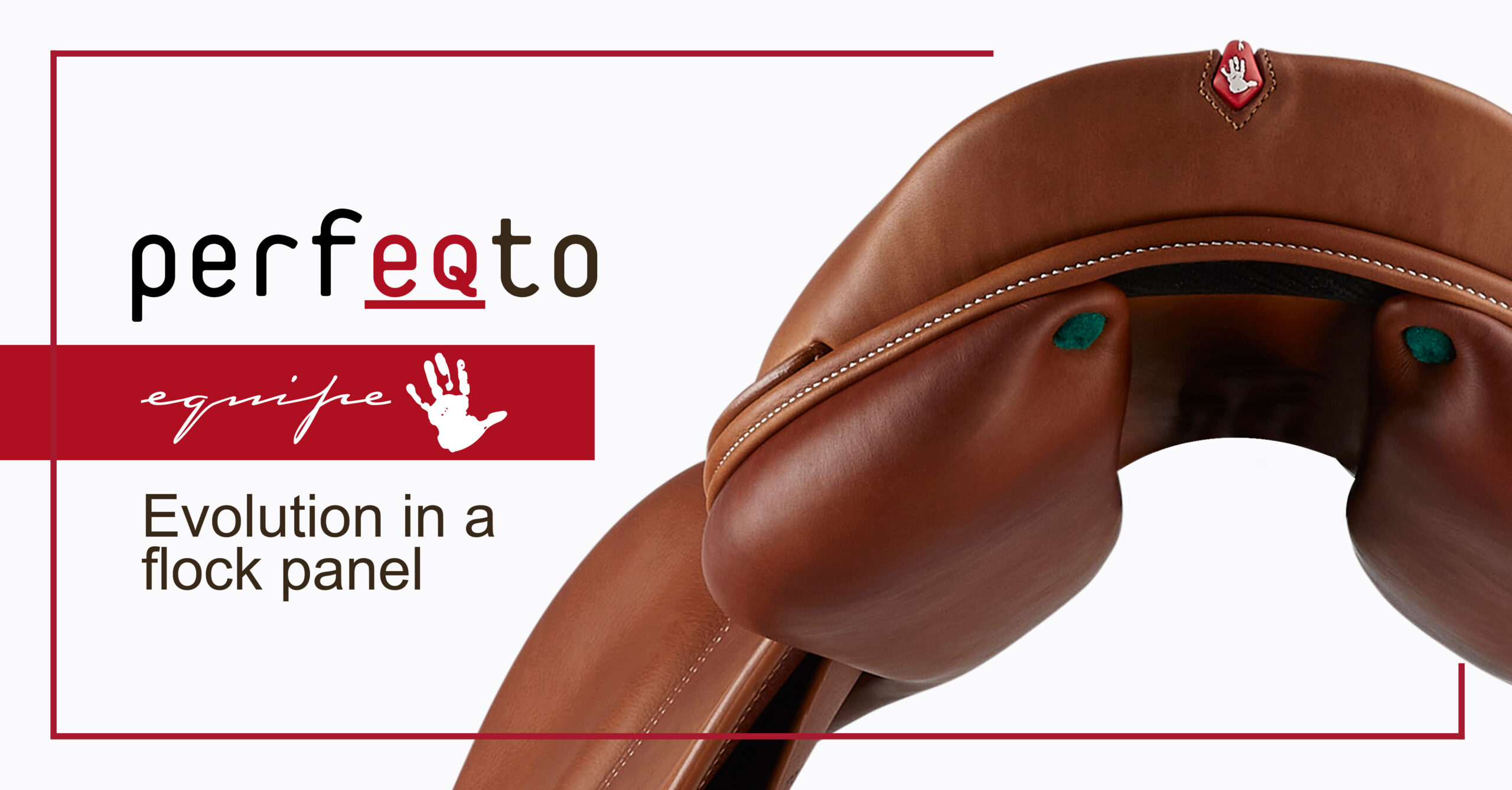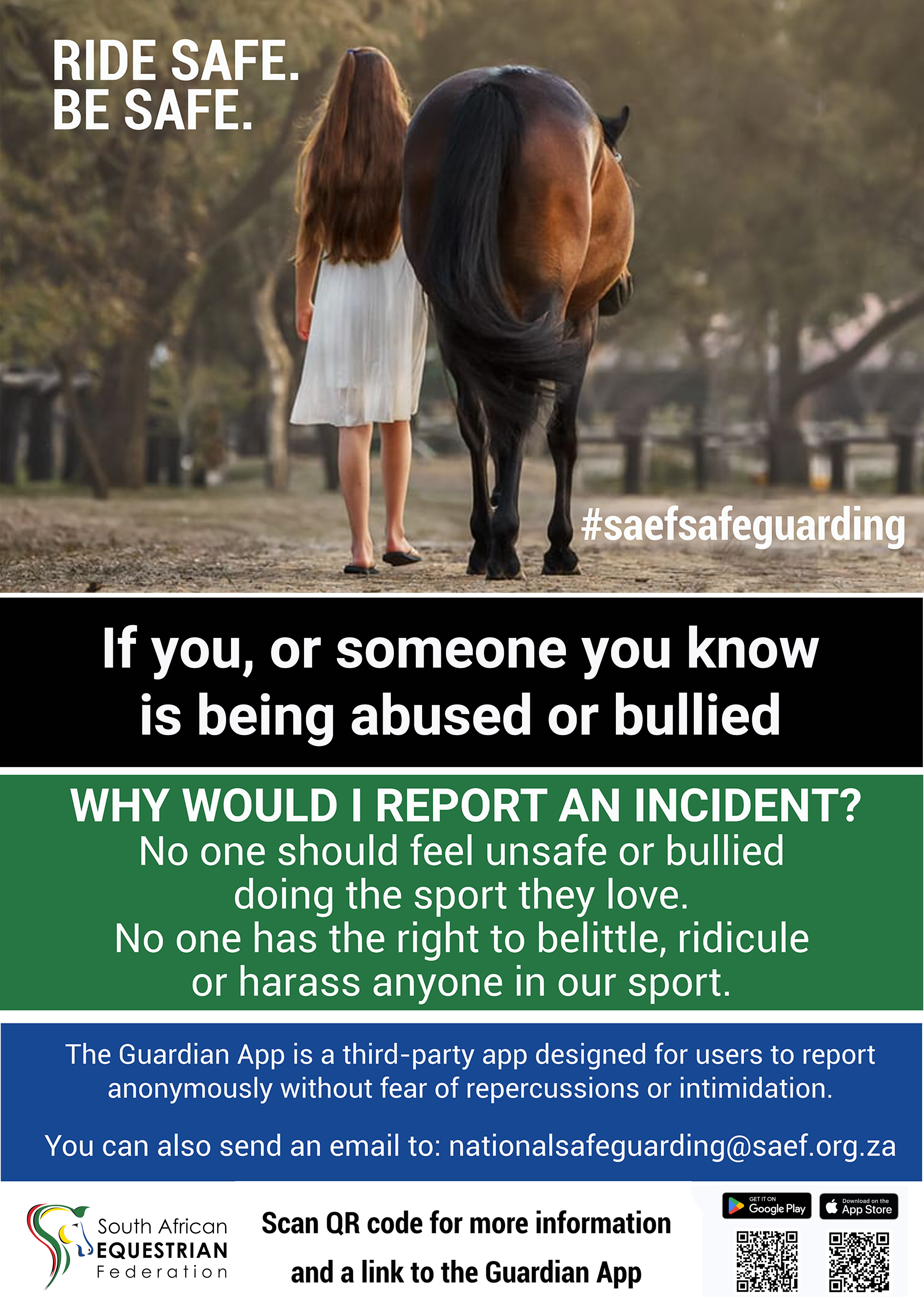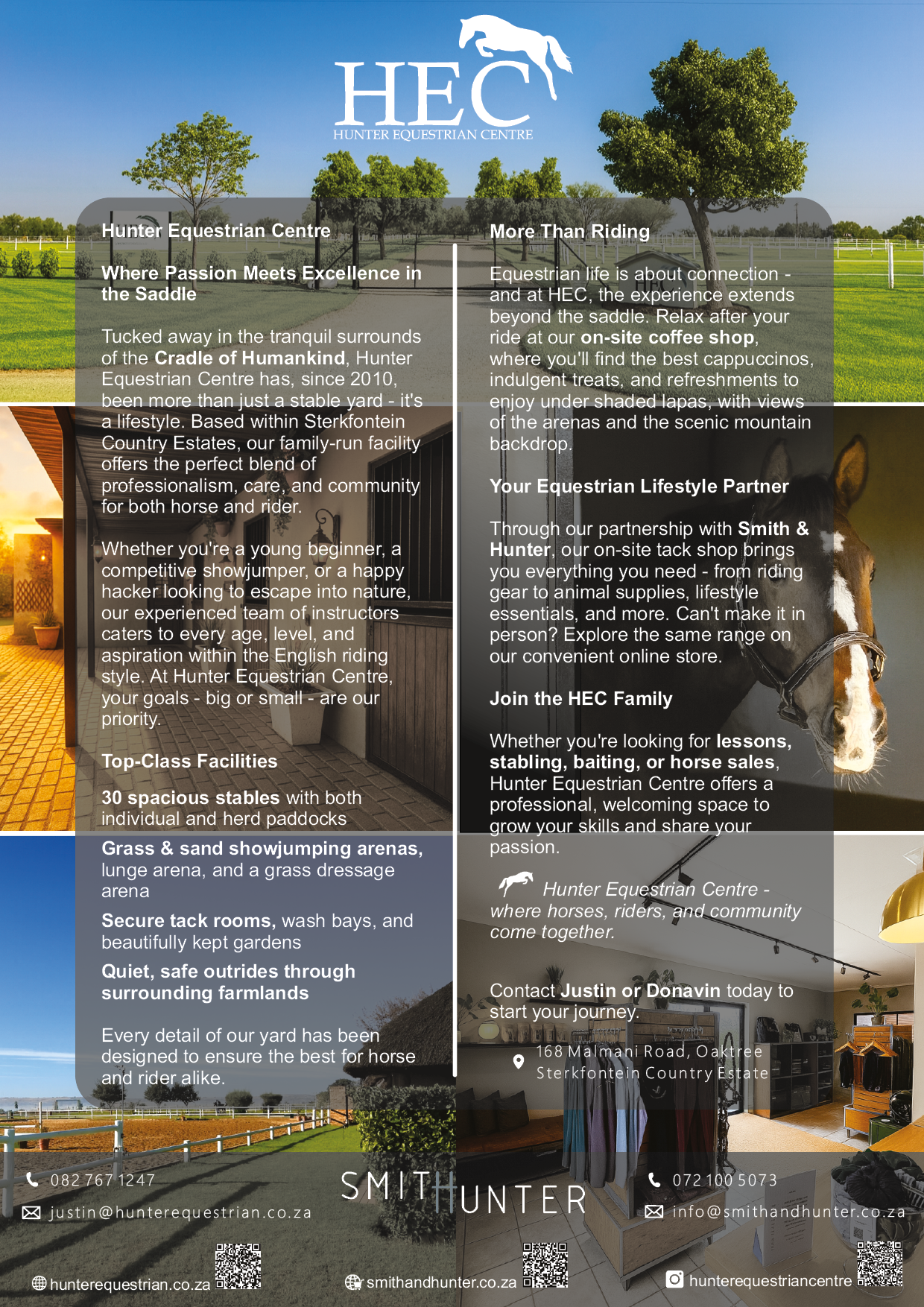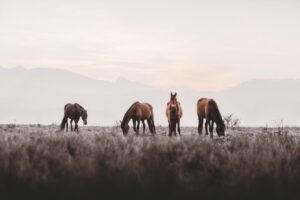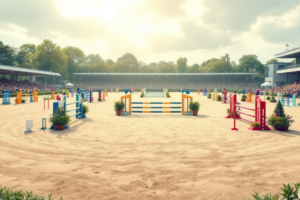Just mention animal welfare in equestrian circles, and you will be met with a swarm of ways in which horse owners deem their horses as equals. But the reality is far from the truth. For years, we have witnessed horses being started too early, pushed too far, trained unfairly, used too much, and utterly over faced in their disciplines. It’s a story of “if it breaks, we can replace it.”
In a groundbreaking move, Italy became the first nation to officially recognise horses as athletes under the law, setting a precedent in the realm of equine welfare and equestrian sports. This historic decision, ratified through “Art. 22 of Legislative Decree no. 36/2021 in September 2023”, marks a significant shift in how horses are perceived and treated within the competitive arena.
Reading the Fine Print, The legislation outlines that a horse attains the status of an “athlete horse” upon meeting specific criteria: registration as a non-food production equid and enlistment in the Italian Equestrian Sports Federation (FISE) athlete horse’s repertoire. This legal stature is not merely symbolic; it underscores horses’ critical role as partners in equestrian sports, standing shoulder-to-shoulder with their human counterparts. The Italian government’s initiative, fervently supported by FISE, aims to ensure enhanced protections and prospects for equine athletes. It signifies Italy’s leadership in equine welfare, promising future developments in areas such as horse transport and veterinary controls on national and EU levels. Yes, the FEI Code of Conduct for the Welfare of the Horse, freely available to read on its website, sets comprehensive standards for horse care in sports, including aspects like general welfare, fitness to compete, event conditions, humane treatment, and education. But what the watershed Italian decision underscores is a shift towards recognising the intrinsic value and rights of the horse beyond mere guidelines. It really is an about-time statement that not only talks the talk but also makes the simple term “horse athlete” legal. However, the effectiveness of codes like those outlined by the FEI and legislative measures laid out by Italy ultimately depends on their enforcement. Some would argue that in South Africa, enforcing and regulating horse welfare in a country where welfare is already completely under regulated will be tricky. But that doesn’t mean more can’t be done. It’s critical to distinguish between the welfare of animals in cases of neglect and animals in environments where their basic needs are met but where they are playing second fiddle to their human counterparts, trained in less than humane ways, abused or overused. It’s a hard truth many aren’t ready to hear.
Beyond Just Italy, But it’s not just Italy taking a stand on this issue; to enhance horse welfare in equestrian sports, the Swedish, Norwegian, Finnish, and Danish Equestrian Federations have collectively addressed a compelling letter to the FEI’s Secretary General. Sparked by the discussions at an international Horse Welfare meeting during the Gothenburg Horse Show (22 – 25 February 2024). The core message of the letter is a unified plea for substantial reform in the wake of recent controversies surrounding unacceptable training methods, particularly in dressage. The Nordic Federations assert that despite previous efforts, there remains a significant amount of work to ensure the continuous safeguarding of horse welfare and to uphold the sport’s Social License to Operate (SLO) internationally and nationally. The Federations emphasise the urgent need for collaborative change and propose the establishment of a Dressage Forum by the FEI as a pivotal platform for leading discussions and devising practical initiatives to enhance the discipline. The letter highlights the historical success of past forums in effecting positive sports reforms by outlining specific focus areas for improvement, including transparency in dressage judging and the rationale behind championships for young horses, questioning whether their purpose is geared towards preparing horses for future success or driven by commercial interests. The reason we highlight this is not to point fingers at dressage. But to underline that bodies worldwide are starting to take a stand. This move exemplifies a strategic partnership striving for better horse welfare standards and a more accountable, transparent equestrian sport globally. Replace the word “dressage” with any equestrian discipline, and the same applies.
Looking Locally, According to the SAEF’s website, under the horse welfare section, the body states, “The SAEF requires all those involved in equestrian sport to adhere to the SAEF’s Code of Conduct and to always acknowledge and accept that the welfare of the Horse must be paramount and must never be subordinated to competitive or commercial influences.” If you want to understand what the SAEF implies by welfare, take a gander on over to the SAEF General Regulations, Section 06, Protection of Athletes and Horses. This document clearly outlines the body’s commitment to ensuring horses’ ethical treatment and protection within the sport. Key points from the SAEF’s regulations include abuse of horses, reporting and evidence, protection during events, medication control and anti-doping, sportsmanship, and treatment (medical) before events. Whether its members adhere to these principles behind closed barn doors is a debate for another day and something almost impossible for the SAEF to police unless the community gets involved and takes strides to report potential cases of abuse.
Taking Steps Towards Change, But change is afoot. And it’s positive. Globally, sporting bodies are being pushed to sit up and take a stance, putting welfare and equality between horse and rider into constitutions and the law. After all, if a five-year-old Pony Club member can rattle off the “Five Freedoms of Horse Welfare”, there is no excuse for competitive equestrians. However, for a truly transformative impact on equine welfare to happen, a global attitudinal shift among competitive equestrians is imperative. Particularly in regions like South Africa, where disparities between the affluent and less privileged create unique challenges, the emphasis on equine well-being must be as important as that of the rider’s performance. Italy’s pioneering legal recognition of horses as athletes invites the global equestrian community to reflect and act upon the mutual respect and care that the partnership between horse and rider demands. Without the horse – there is no sport. It’s not just about time; it’s a call to acknowledge and respect the horse as a participant and an equal athlete in the heart-pounding thrill of equestrian sports. The time to give our horses a voice is now. Speak up, speak out, and speak for them as the deserving athletes they are.



